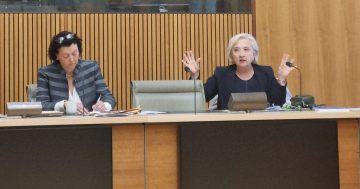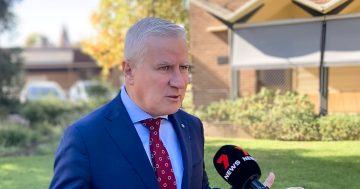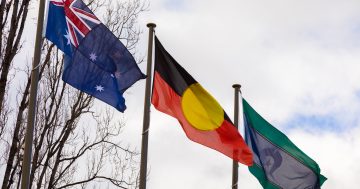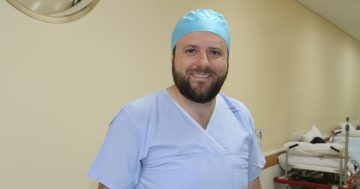 New research from the Australian Institute of Family Studies (AIFS) has revealed younger people and those in regional and remote communities are struggling to access the professional support services they need in the current COVID-19 pandemic.
New research from the Australian Institute of Family Studies (AIFS) has revealed younger people and those in regional and remote communities are struggling to access the professional support services they need in the current COVID-19 pandemic.
The Institute said its latest research paper, Help and Support, looked at how Australians sought and provided financial, emotional and physical assistance during the first wave of the pandemic.
Director of AIFS, Anne Hollonds said lockdowns and tough social distancing measures impacted people’s ability to help, and caused many people who needed help to struggle to get it.
“When the pandemic struck, nearly one in five people who regularly provided help to others outside of their household said they had to stop giving help, and half had to change the way they provided help,” Ms Hollonds said.
“Restrictions during COVID-19 also made access to professional services like GPs, counsellors, or psychologists more challenging, at a time when people were likely to be needing them most,” she said.
“One in five AIFS survey respondents said they needed to access mental health services, but more than half of those who needed them had not accessed them.”
Ms Hollonds said that across a range of professional services, limited access was more pronounced in regional and remote areas.
“Ten per cent of people in cities who needed to access GP and primary healthcare services did not access them, compared to 14 per cent of those living in regional, and 17 per cent in remote or very remote areas, for example,” she said.
Deputy Director (Research) at AIFS, Kelly Hand said families, as well as friends and neighbours, continued to play a critical role in supporting Australians through the pandemic.
“Relatives were the most common source of help, with more than one in four people saying their household got help from a relative living elsewhere,” Ms Hand said.
AIFS’s 10-page Help and Support report can be accessed at this PS News link.











